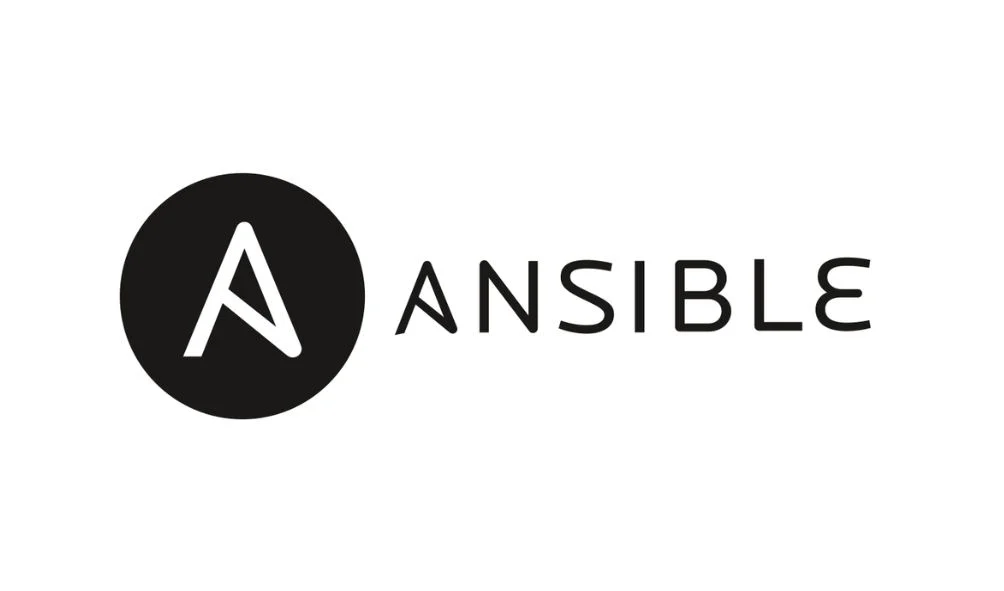Ansible Job Support
Ansible Online Job Support
The popularity of Ansible a flexible and proficient automation tool—is due to its simplicity and scalability, providing users with a combination of great comfort and functionality. Its declarative language and leaderless architecture make it easy to configure applications, perform deployment management and orchestration across heterogeneous IT ecosystems. Ansible’s large library of modules provides smooth integration with different systems and clouds, thus automating repetitive tasks. Ansible, guarantees consistent and reproducible outcomes leading to improved operational efficiency and less mistakes. Unlike some other automation tools, Ansible is still in its infancy in this respect, yet it is still highly embraced by organizations giving it staying power in these modern uncertain times.
Ansible Job Support
Being an integral part of modern IT automation, Ansible automates the application of software deployment, configuration management, and orchestration. Leveraging on years of expertise, we bring a full portfolio of Ansible support services to individuals around the globe. We work with different time zones, such as IST, EST, CST, and PST. We are available from Monday to Friday to offer you 24*7 assistance.


Ansible Proxy Job Support
For those struggling to understand the Ansible technology or handle time-consuming automation tasks our team offers Ansible Proxy Job Support. On your behalf our consultants take care of daily meetings, documentation, and automation tasks. We follow your pace by working either on a full-time or part-time basis per your specifications, delivering completed programs on time. Using the likes of Zoom, Skype, or WebEx, our consultants engage with you and support you remotely, guaranteeing customized help and assistance.
Ansible Full-Timе Job Support
In addition, we bring Ansible Full-Time Job Support offerings to US, UK and other population. The entire work scope may include using telephones, meeting in person and automation activities, our professional staff is ready to do all these. Either you are preference towards male or female support, our team is committed to offering excellent support in Ansible, but virtually working during the EST or PST hours.

Ansible Support Procеss
- Initial Contact: Reach out to us through call or WhatsApp to request for Ansible support.
- Consultation and Demo Scheduling: You will be linked up with our Ansible consultant shortly for a demo meeting.
- Demo Session: First session will be a demo where you present your automation requirements to our consultant.
- Payment: Finalization of payment should be done before the start of the next session.
- Confidentiality: We work on your account with your automation details being kept in confidence.
- Project Understanding: Our input in your comprehending the automation project is essential for us to give you the best support.
Ansible Full-Timе Support Procеss
- Initial Contact: Call or Whatsapp us to ask for Full-Time Ansible support.
- Job Details: Have job details and description of Ansible requirements.
- Time Zone Information: Select the time zone of the job for scheduling.
- Advanced Notice: Solicit Ansible support at least one week ahead to enable time for candidate selection.
- Resource Introduction: We will schedule a meeting with the assigned full-time support person to overview him/her what he/she is capable of.
- Payment: When you are ready with the chose resource, the full time support must be paid at least 12 hours before the support starts.
Below are the list of Ansible Job Support Services we provide
If you have short-term Ansible automation testing tasks that can be completed within a week please take into account our Weekly Ansible Online Job Support. You get 5 days of support, Monday through Friday, which is 10 hours of assistance in total.
For Ansible automation testing tasks lasting more than a week or 20 hours of support service, check out our Bi-Weekly Ansible Online Job Support. The aid is provided for 10 days spanning 2 weeks (From Monday to Friday) with each day not exceeding 2 hours.
If you need mentorship on Ansible automation testing jobs/projects that run actively for at least one month or longer, then the Monthly Ansible Job Support is just right for you. This plan offers support all month, from Monday through Friday.
For individuals handling multiple projects or planning for multiple careers our Full-time Remote Ansible Online Job Support is offered. We remotely take care of all your daily Ansible automation testing task, giving you 40 hours support per week.
Send Us Query
FAQ's on Ansible Job Support
Ansible is an open-source automation tool which is used for configuration management, application deployment, orchestration, and task automation. It provides you with the ability to automate tasks that are frequently repeated, design integrated workflows, and control infrastructure as code.
Ansible works by connecting to nodes (servers or devices) via SSH or PowerShell Remoting and pushing out latte programs, called “Ansible modules”, to them. These modules are executed on the nodes and, after that, report back to Ansible control machine where all configuring, deployment of applications, and performing of other tasks are done remotely.
Playbooks are the YAML formatted files that consist of the set of tasks to be run by Ansible. They specify the operations which need to be performed on managed nodes to guarantee getting required state. Playbooks can have variables, loops, conditionals and other control structures to make them versatile and reusable.
Ansible’s inventory file lists the hosts or nodes to be managed by it. This file can be in INI format or YAML format and contains hostnames, IPs, groups and variables. Besides that, Ansible has the support of dynamic inventory plug-ins which can query the external sources (like cloud providers or databases) to generate inventory dynamically.
Some best practices for writing Ansible playbooks include: organizing playbooks into logical sections and roles with descriptive variable names, utilizing available Ansible modules and built – in features whenever possible, testing playbooks well before deployment in production and clearly documenting them.
To ensure Ansible deployments are secured, you can employ methods e.g. Ansible Vault encryption, restricting Ansible control node and inventory files access, using SSH key authentication when connecting to managed nodes as well as adhering to system administration and network security best practices.
Ansible also provides the official website (ansible.com) which cover documentation, tutorials and also community support. Furthermore, information about Ansible user and developer is available on forums, mailing lists and social media channels. Furthermore, there are books, online courses and conferences related to Ansible and automation practices.
Yes, Ansible can be easily integrated with many tools and technologies through its rich module and plugin pool. It supports many popular systems and services such as AWS, Azure, Dockers, Kubernetes, Git, Jenkins etc. Furthermore, Ansible has APIs and SDKs for custom integrations and extensions
Ansible Job Support Testimonials



